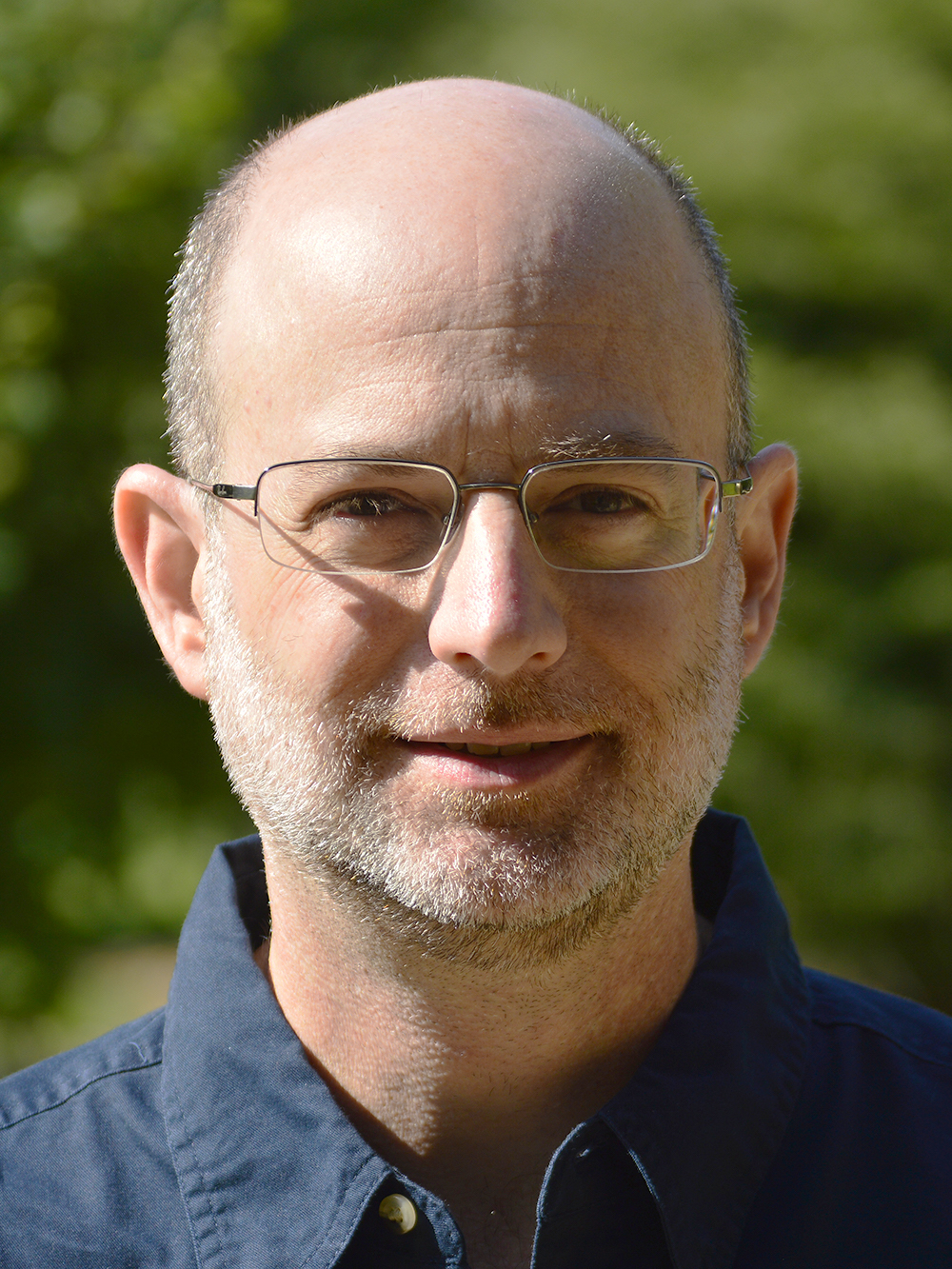Faculty Short Talks: Sarita Adve, "Systems 2030: The Extended Reality Case" & Dan Katz, "Research Software Sustainability"
- Event Type
- Seminar/Symposium
- Sponsor
- Illinois Computer Science
- Location
- Only for CS Faculty
- Date
- Nov 1, 2021 12:30 pm
- Views
- 84
- Originating Calendar
- Siebel School Speakers Calendar
Sarita Adve
Abstract:
Virtual, augmented, and mixed reality (VR, AR, MR), collectively referred to as extended reality (XR), have the potential to transform all aspects of our lives, including medicine, science, entertainment, teaching, social interactions, and more. There is, however, an orders of magnitude performance-power-quality gap between the state-of-the-art and the desirable XR systems. At the same time, the end of Dennard scaling and Moore's law means that "business-as-usual" innovations from systems researchers that are typically technology driven and within siloed system abstraction layers will be insufficient. Systems of 2030 and beyond require researchers to learn how to do application-driven, end-to-end quality-of-experience driven and hardware-software-application co-designed domain-specific systems research. We recently released ILLIXR –- Illinois Extended Reality tested –- the first open source XR system and research testbed and launched the ILLIXR consortium (https://illixr.org) to enable this new era of research. Our work is inter-disciplinary and touches the fields of computer vision, robotics, optics, graphics, hardware, compilers, networking, operating systems, distributed systems, security and privacy and more. I will describe recent results, open problems, and avenues for leveraging ILLIXR to address many of these problems.
Bio:
Sarita V. Adve is the Richard T. Cheng Professor of Computer Science at the University of Illinois at Urbana-Champaign. Her research interests span the system stack, ranging from hardware to applications. She co-developed the memory models for the C++ and Java programming languages based on her early work on data-race-free models. Recently, her group released ILLIXR (Illinois Extended Reality testbed), the first open source extended reality system. She is also known for her work on heterogeneous systems and software-driven approaches for hardware resiliency. She is a member of the American Academy of Arts and Sciences, a fellow of the ACM and IEEE, and a recipient of the ACM/IEEE-CS Ken Kennedy award, the Anita Borg Institute Women of Vision award in innovation, the ACM SIGARCH Maurice Wilkes award, and the University of Illinois campus award for excellence in graduate student mentoring. As ACM SIGARCH chair, she co-founded the CARES movement, winner of the CRA distinguished service award, to address discrimination and harassment in Computer Science research events. She received her PhD from the University of Wisconsin-Madison and her B.Tech. from the Indian Institute of Technology, Bombay.
Dan Katz
Abstract:
Research increasingly depends on software, but much of that software is not sustained: it's not maintained and can't easily be reused, reducing reproducibility and leading to new development rather than collaboration. This talk will highlight some software sustainability challenges, such as software citation, software career paths, and FAIR for research software, as well as some recent progress in addressing these challenges.
Bio:
Daniel S. Katz is Chief Scientist at NCSA and Research Associate Professor in CS, ECE, and the iSchool. His interest is in the development and use of advanced cyberinfrastructure to solve challenging problems at multiple scales. His technical research interests are in applications, algorithms, fault tolerance, and programming in parallel and distributed computing, including HPC, Grid, Cloud, etc. He is also interested in policy issues, including citation and credit mechanisms and practices associated with software and data, organization and community practices for collaboration, and career paths for computing researchers.
